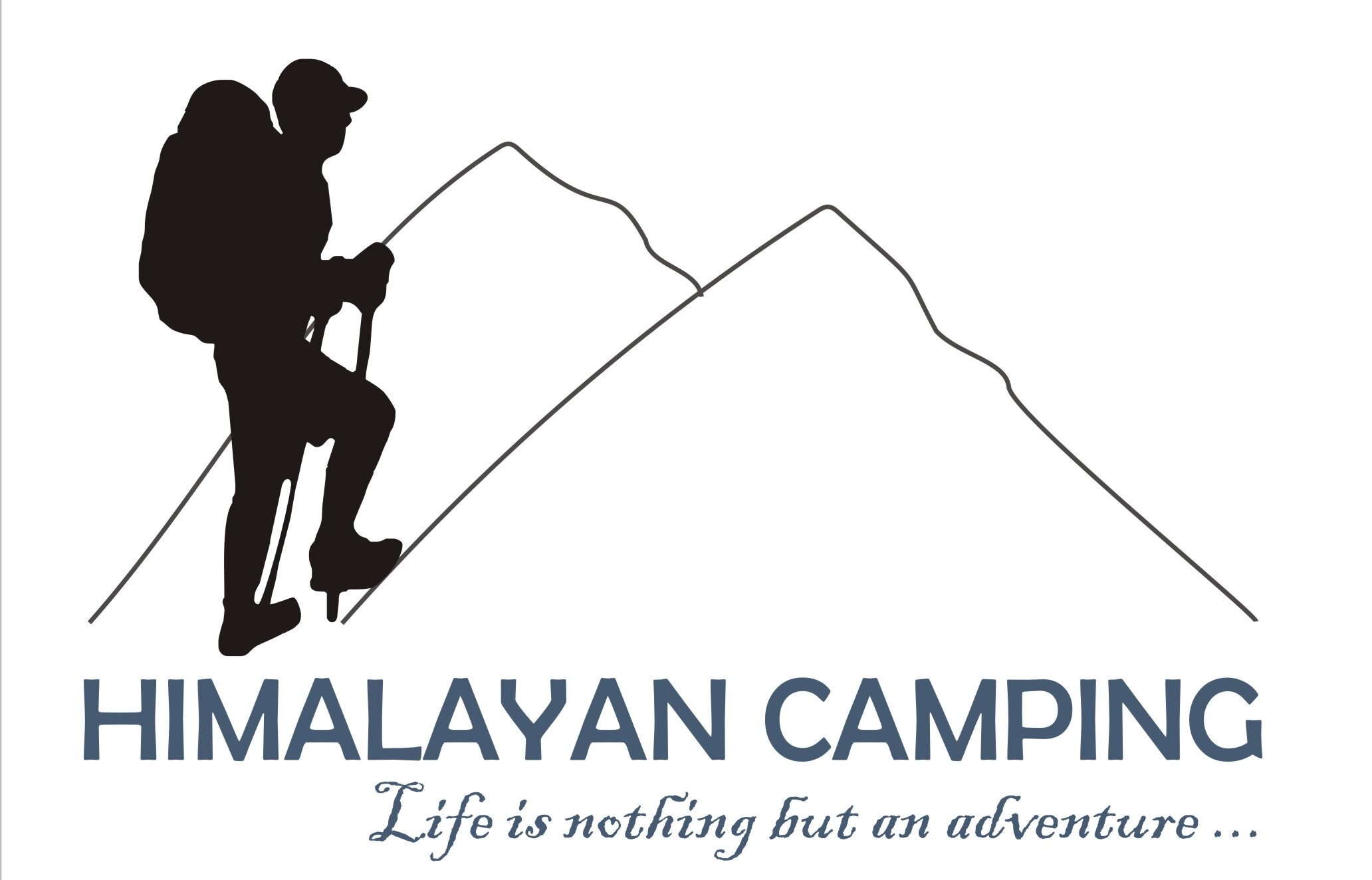
Procedure – Accident or Illness
Procedure – Accident or Illness
- Do any immediate First Aid that is necessary. Stop any bleeding by applying clean dressing and bandaging firmly. If the patient is unconscious, make sure that he is not choking with his tongue blocking the back of his throat.
- Make the patient as comfortable as possible and treat for shock. Keep him warm, putting spare clothing etc. as insulation underneath him. Warm sweet drinks should be given to those who are conscious and suffering from exhausation or exposure. Never give drinks to anyone with chest, abdominal or head injuries, or any injured patient who may be transported to hospital quickly and put under an anaesthetic. If a long carry of many hours is expected, then warm sugary drinks may be a life saver in case of shock and when no morphia is available.
- Give the International Alpine Distress Signal – six blasts on a whistle ( or six shouts or flashes of a torch) followed by a pause of a minute then a repetition of the six blasts, shouts or whistles. Keep giving this signal system. If your signals are eventually heard you should hear an answering whistle – three blasts followed by a pause of a minute, repeated several times. If by any chance your whistle or torch is missing and your voice doesn’t carry because of wind, you can wave a white or coloured cloth.
- If your signal does not produce assistance, one (or two if possible) of the party must go down and contact the Police or the nearest Mountain Rescue Post. You should already be familiar with these. The messenger must carry and give the following information concerning the accident:
- Exact position, giving six-figure grid reference or, if this is not feasible, as much information as possible to enable a rescue party to go straight to the injured person. If a rock-climbing accident, he must know the name of the cliff, the route and the pitch, so that the rescue party will know whether to approach from the bottom or the top.
- Time of the accident.
- How many people are injured.
- Nature of the injuries.
- If the injured person has to be left alone whilst you fetch help, first give him all your spare clothing to keep him warm. If his injuries permit, move him to a good sheltered position, otherwise erect a wind-break around him. It may be many hours before a rescue party reaches him, the weather may worsen and he may easily die of shock and exposure in the meantime unless you take very careful precautions.
- If he is conscious, reassure him and leave him a torch and whistle with which to guide the rescue party to his aid. If unconscious, belay him to a rock if possible to prevent him from falling farther or from wandering off in a dazed condition if he gains consciousness. It is wise to leave a cheering message before you leave him in case he should regain consciousness. If possible mark the position of the patient with a bright piece of clothing and, if you possess a rope, lay it out in a long line so that a party may come across it. A cairn of stones will be better than no position mark at all.
- When you have done everything possible for the patient, go and fetch help, descending quickly but carefully.
Keep The Mountains Clean

